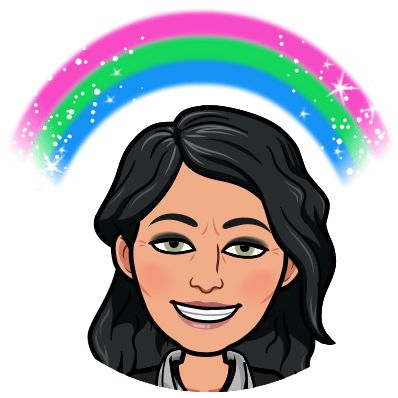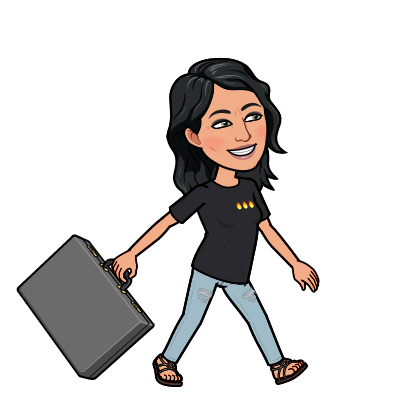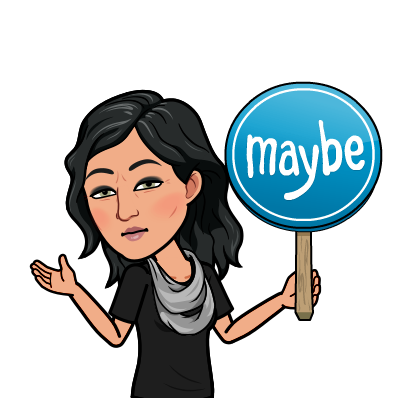- Level: A2, B1, B2
- Discussion questions: in the post
- Media: Video
- Language focus: environment, action verbs, household items
Can you live a zero-waste life? I know I can’t…not yet anyway. But every year I try to incorporate a new environmentally friendly practice. For example, I switched my paper napkins for cloth napkins. I also buy at least 10% of my clothes at second hand shops. Also, I collect and bring all my styrofoam to a community drop off point.
It may not be a huge contribution to reducing my environmental footprint, but it’s something. I know we should and could be doing so much more. And I know that the degradation of our planet is alarming and overwhelming. But I also have to take care of my emotional well being. Thus, carrying the responsibility of saving the planet is pretty heavy. I try to not be too hard on myself about doing more and I try not to judge what everyone else is doing.
That said, I do like to hear what other people are doing to reduce waste and be better global citizens. Sometimes, there are practical things. Things that are not drastic or super time-consuming. Sometimes all I need are some ideas. Here is where Lauren Singer’s TED talk comes in handy.
Singer is an absolute champion at transforming her daily habits into zero waste practices. You heard that right…she produces no garbage at all. How does she do it? You’ll have to listen to her talk to find out.
Warm-up
- What do you do to reduce waste?
- What would you like to do, but feel that it is too much energy or too time-consuming?
The Talk: Why I live a zero-waste life by Lauren Singer
Discussion Questions
- What inspired Singer to lead a zero-waste life?
- Make a list of all the things Singer does to eliminate waste
- What are some of the things Singer does that you could do?
- What are some of things Singer does that you find too time consuming or complicated?
- Do you think we are doing enough to reduce our environmental footprint?
- What are some of the more important things we could do to reduce waste?













